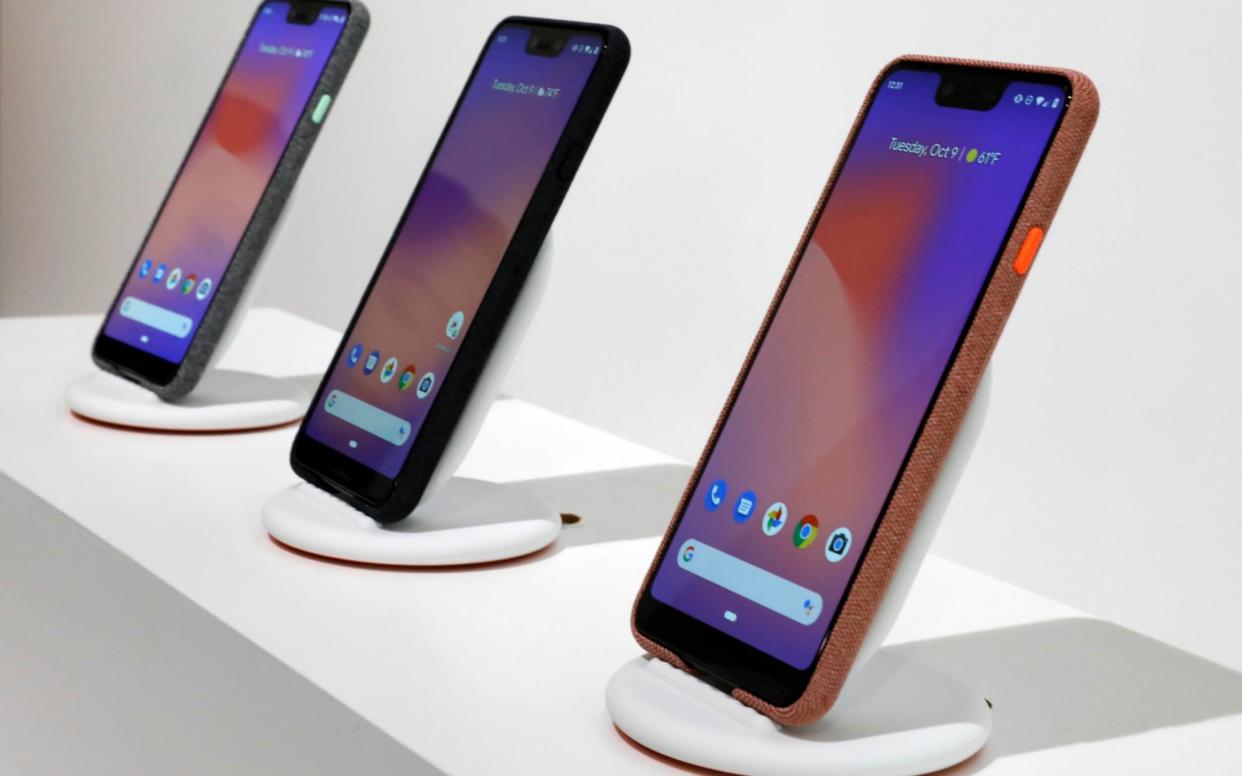Google gives teenagers Amazon vouchers to snoop on their phones

Google has been quietly paying teenagers for unfettered access to their smartphone habits in return for Google devices and Amazon vouchers.
The technology giant is offering incentives to install a tracking app which routinely scans a users' phone, sending the data back to Google’s headquarters. Google says the app helps the company “learn more about how people use mobile devices versus laptops, consume media, and use Google products”.
Screenwise Meter offers Google employees a glass pane view into the internet browsing habits of users as young as 13, enabling them to see what is on a window or screen, see how often people use installed apps from competitors like Facebook or WhatsApp and, according to its policy documents, inject software to manipulate and monitor these apps to track them with ease.
It comes after a TechCrunch investigation revealed that Facebook had been tracking people using similar incentives, despite running into trouble over an earlier version. Apple banned Facebook’s snooping software Onavo in August.
Screenwise Meter is unavailable in the App Store but must be installed on an iPhone using a special process. Google appears to have circumvented the iPhone maker’s strict policies over surveillance apps by offering a direct download option to participants.
On Wednesday, Apple responded by revoking Facebook's "enterprise certificates" - which let it bypass the App Store to install apps on people's phones. Google uses a similar method to install Screenwise Meter, but Apple has yet to confirm if it will do the same for Google.
When the program began in 2012 users were offered a maximum of $25 to install an internet browser tracker.
Google’s “panel research” webpage states: “Volunteers are recruited for these panels who agree to have their Internet activities measured, and are rewarded for their participation. Prior to participating, all panelists have a clear understanding and agreement with Google about what involvement in the panels means.” It has been contacted for comment.
The revelations emerged as consumer trust in technology giants reached an all-time low. Facebook is still reeling from 2018's Cambridge Analytica scandal, a major cyber attack and internal tension over the hiring of a publicity company to smear rivals. Apple this week suffered a major embarrassment over a Facetime glitch which allowed callers to see video footage before the recipient accepted the call and Alphabet is currently engulfed in a human resources battle with employees who claim they are treating sexual harassment victims unfairly.
Freshly hired communications chief Nick Clegg earlier this week said during his debut appearance as Facebook's ambassador that the company had fallen astray but was on a path of salvation. “What I have seen in my short time at Facebook is a young company - only 15 years old next month - which has grown at a startling pace, has undoubtedly made mistakes and is now entering a new phase of reform, responsibility and change."

